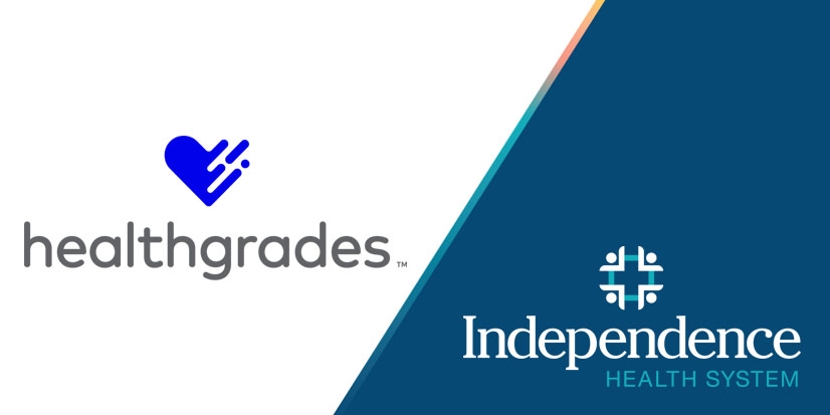Transplant Recipient, Excela Health Nurse Advocate for Organ Donation
- Category: Media Release, Nursing
- Posted On:

GREENSBURG, PA, April 4 … Deb Moffa unabashedly tells her patients and her co-workers: “Organ donations save lives.” And she should know. The 58-year-old Excela Health nursing leader is celebrating the first anniversary of her liver transplant as she marks April as National Donate Life Month, and will be present for a ceremonial flag-raising April 18 at Excela Health Westmoreland Hospital conducted by the Center for Organ Recovery & Education (CORE).
A former health system nurse educator now managing the hospital GI Lab, Moffa learned something wasn’t quite right in 2018 when she had an outpatient procedure to find out why she had a unexplained stomach ache. The gastroenterologist who conducted her test found she had esophageal varices. Her symptoms and the test results led to a diagnosis of nonalcoholic fatty liver disease (NAFLD). As the name implies, the main characteristic of NAFLD is too much fat stored in liver cells.
NAFLD is increasingly common around the world, especially in Western nations. In the United States, it is the most common form of chronic liver disease, affecting about one-quarter of the population.
Moffa’s condition was even more serious as she had developed nonalcoholic steatohepatitis (NASH), an aggressive form of fatty liver disease, which is marked by liver inflammation and may progress to advanced scarring (cirrhosis) and liver failure.
Initially a change in diet, coupled with weight loss and medication, offered some improvement, but her condition was only going to deteriorate. By late fall 2020, she was being evaluated for inclusion on the transplant list.
On her birthday, January 6, 2021, Moffa learned she was a candidate for a transplant. Expecting that it would likely take years for her to become an organ recipient, family and friends were making plans to be tested to see if they might be a match as a living donor, since the liver will regenerate in both the donor and recipient.
But those offers soon became unnecessary. Two weeks after Moffa was accepted as a transplant candidate, she was summoned to UPMC Montefiore where she received a new organ. Her benefactor: a 36-year-old inmate. While Moffa does not know his name or the circumstances surrounding his incarceration or death, she is deeply grateful. “Whatever else happened in his life, his last act was for good.”
Nationally, more than 100,000 people are waiting for an organ transplant, including 2,500 people in western Pennsylvania and West Virginia. At least 20 will die each day without receiving the transplant they so desperately need. Someone is added to the transplant waiting list every 10 minutes.
Approximately 11,000 people die annually who are considered medically suitable to donate organs, tissue and corneas, yet only a fraction donate. Anyone can be a potential donor regardless of age, race or medical history.
“Organ donation is a vital part of treatment for so many medical conditions,” noted Excela Health Chief Medical Officer Carol J. Fox, MD. “It is so important that individuals become aware of the significant need for donations and then to document their wishes and discuss those with their families in the event of an untimely death. It is a true gift of life.”
Having worked up until the day of her transplant, Moffa was not idle in her recovery over the past year, as she completed the final requirements for her Doctorate in Nursing Practice, and graduated from Waynesburg University in May. While she continues her regimen of anti-rejection medications, Moffa says “I feel fabulous, and so fortunate. Because someone was an organ donor, I got a new life. What a tremendous gift we can all be a part of.”
The Center for Organ Recovery & Education (CORE) is one of 57 federally designated not-for-profit organ procurement organizations (OPOs) in the United States, serving more than five million people in western Pennsylvania, West Virginia and Chemung County, New York. CORE coordinates the recovery and matching of organs, tissues and corneas for transplant within our service region, and works tirelessly to create a culture of donation within the hospitals and communities we serve. CORE’s mission is to Save and Heal lives through donation, ultimately ending the deaths of those on the transplant waiting list, while maintaining integrity for the donation process, dignity for the donors, and compassion for their families. CORE is a winner of the 2019 Malcolm Baldrige National Quality Award, a presidential award that recognizes nonprofits for their innovation and excellence. For more information, visit www.core.org or call 1-800-DONORS-7.

